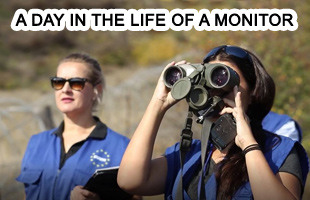Today is the 62nd anniversary of the Schuman Declaration.
Every year we celebrate Europe Day by looking back at the history of European integration and the things we have accomplished together.
But it should also be an opportunity to look forward.
We read a lot in the press about the financial crisis and the economic problems we are facing. But the basis of the European economy remains strong. And the common values that bring us together are more important than ever.
The coming year will be crucial for Europes recovery – and for Europes future. Not only the steps we take internally in the EU on the economy and with Croatia joining in July.
But also how we engage globally.
Europe has always been outward looking and open. We have consistently influenced the way the world thinks – about trade, the environment, climate change, the death penalty, the International Criminal Court, and many other important issues.
I am convinced that Europe must remain actively engaged around the world. And equally that our international work can help to underpin our economic recovery.
There has been a lot of progress since we marked Schuman Day last year.
We are building up the European External Action Service, including a fully joined up Crisis management system so that we can deliver comprehensive solutions on the ground, be it in Libya or Somalia or Afghanistan.
We have also led the dialogue between Serbia and Kosovo, which has helped to address important aspects of their relationship and bring them both closer to the EU;
We have actively supported the dramatic changes taking place in the Arab World. We have held Task Forces in Tunisia and Jordan to bring people together to support the reform process with integrated packages of support, working with the EIB, the EBRD and many others;
We have continued to push forward the Middle East Peace Process through efforts described by the King of Jordan as "magnificent EU diplomacy"
At a time of budgetary austerity, we have led 16 Member States to increase their international aid and kept our position as the world biggest donor.
We have imposed many rounds of sanctions against the Assad regime in Syria, brought together the EU, UN, Arab League and OIC, and supported the Annan Plan to end the atrocities against the Syrian people.
And we have resumed negotiations with Iran, which aim to develop a diplomatic solution by addressing the international communitys concerns about the nature of its nuclear programme.
I have travelled to many countries and regions – visiting every continent including a striking trip to the Arctic.
Everywhere I go, I take a message on behalf of Europe, about 27 countries working together to help solve problems.
Everywhere I go, I hear that others from outside Europe want to work with a Europe that is active and committed.
So that is what I intend to do next.
We will continue to focus on helping the countries in our neighbourhood – be it in the East or South – to become stable and well-governed, with a strong economy and democratic institutions.
We will re-energise our partnership with Asia by stepping up our collaboration with ASEAN; by supporting the amazing changes taking place in Burma, by deepening our work India especially on security issues and by strengthening our strategic dialogue with China.
With Latin America including Brazil there is important joint work to do and much unrealised potential, with the Latin American Caribbean Summit coming up and with a relationship that is founded on shared values
We must and we will deepen our links in Africa. We will expand the anti-piracy work we are doing in the Horn of Africa, and take forward the work under Sahel and Horn of Africa strategies. These strategies are great examples of how the EU after Lisbon can work in a more joined up and creative way
And we will continue to work with our Strategic Partners - particularly the US, Russia, China, India, Brazil. These are vital relationships that we need to nurture. So that we are better able to tackle the big problems we face together: from the global economy, to climate change and energy; from regional crises to cyber security.
In short, we will continue to do what the framers of the Lisbon Treaty -- and long before them, Robert Schuman -- intended; for Europe to play an active role in solving global problems.
There is much we have achieved in the past year; but even more to be done.


